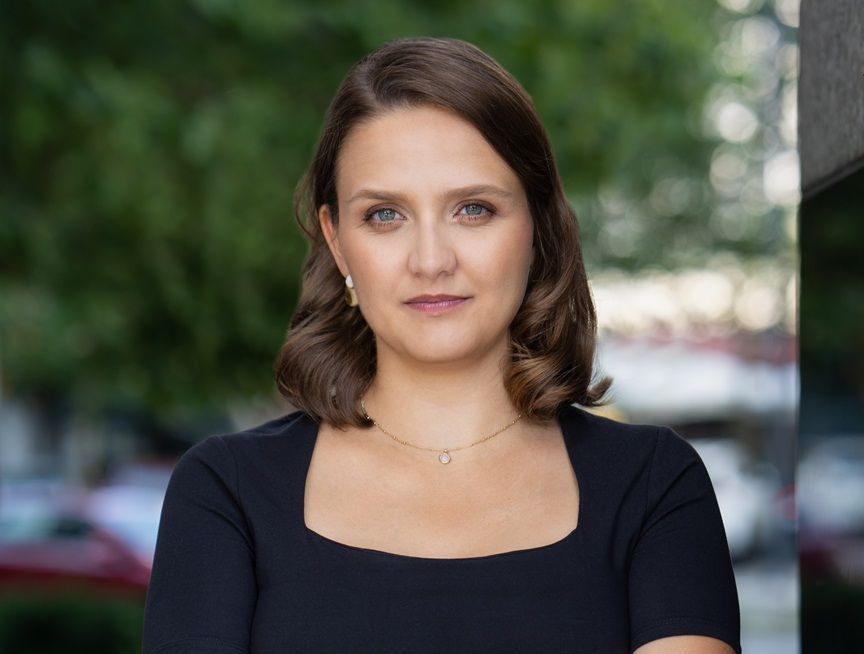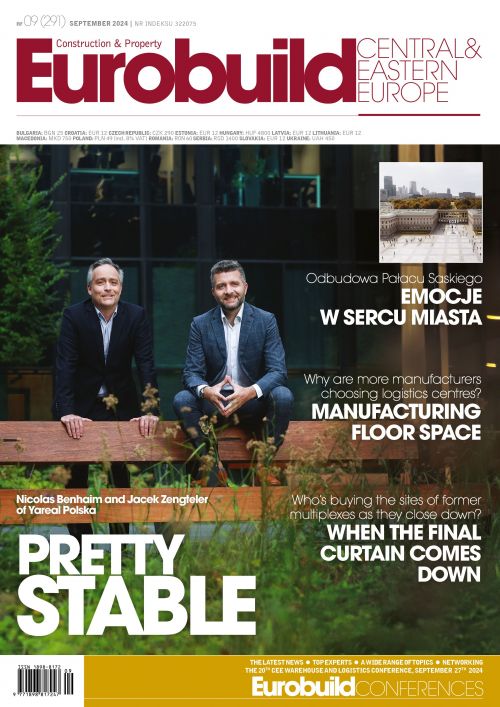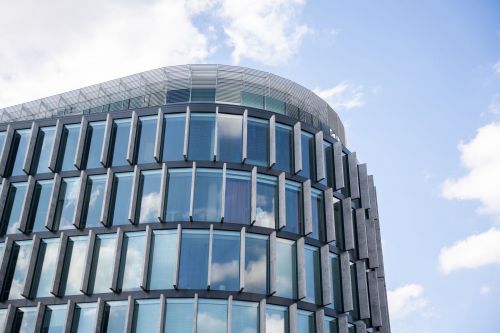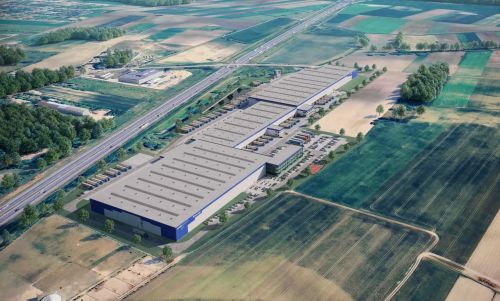What does a community manager actually do?
Anna Gręda, marketing manager, CPIPG: In a nutshell, the job is to do everything possible to make the tenants in our buildings feel as comfortable as possible. In 2023, CPIPG adopted an ownership management model across our entire portfolio – and a major component of this is the OfficeMe programme, which concentrates on actively and openly engaging with our tenants. My job is to be involved in this kind of management and to build up relations both with and between the tenants. These days, building owners need to offer more if they want to stay competitive while being vigilant and responsive when it comes to tenants’ needs. That is what community management is all about. We support our tenants in many ways and building up a community is the best way to form long-term relations with them. People have a profound need to feel that they belong, so every kind of bond that forms results in a multitude of benefits for everyone – including for





























































